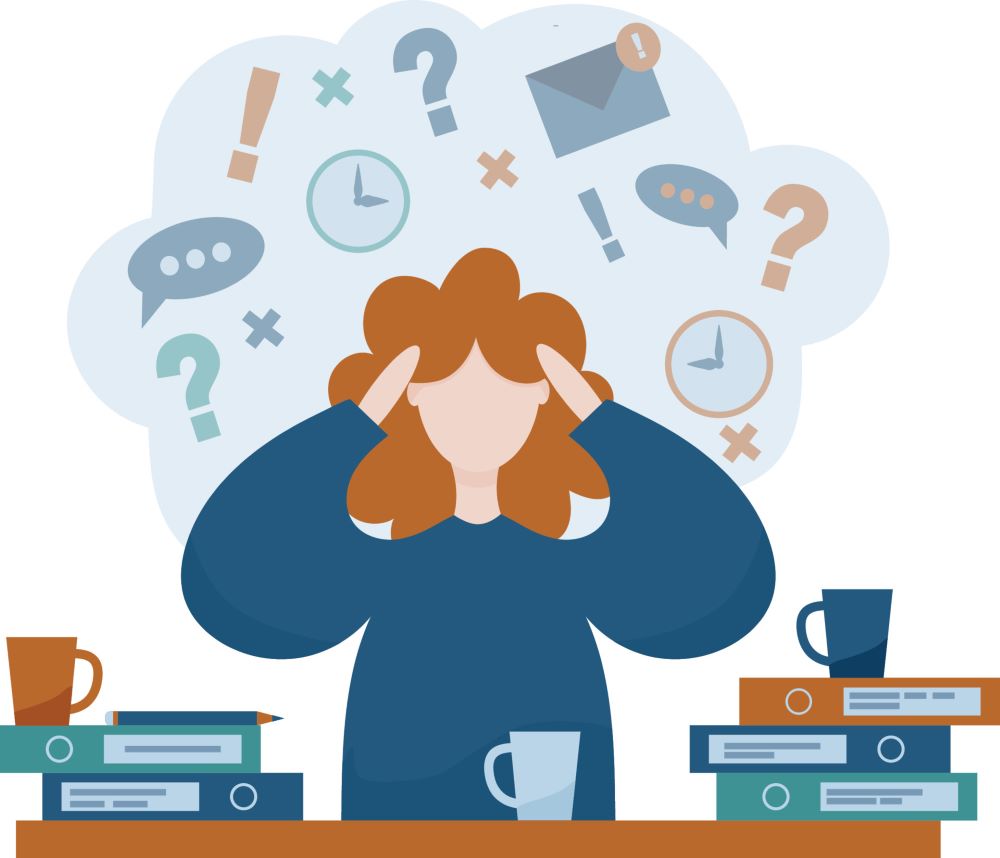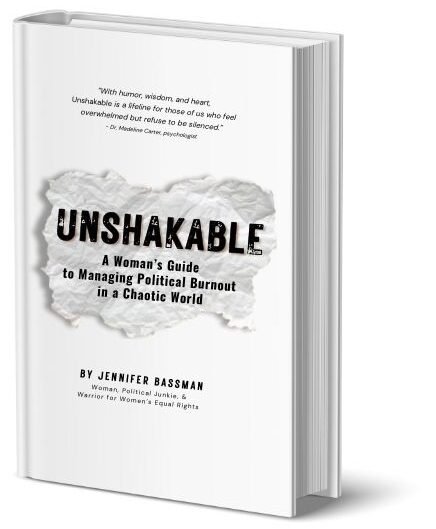In a world that constantly applauds strength and resilience, women are quietly drowning under the weight of stress, often without making a sound. The issue of women and stress is pervasive, yet it’s one that society continues to overlook.
While conversations around mental health have become more frequent, the unique stressors that women face are still shrouded in silence. The connection between women and stress is profound, yet seldom addressed in the depth it deserves.
It’s time to uncover the truths that aren’t being spoken, expose what’s hidden beneath the surface, and explore why the relationship between women and stress is so much stronger than that of men.
Stress management for women by a woman. Download your copy NOW!
The Unspoken Realities
There are so many stressors unique to women that are quietly driving us to the edge. The link between women and stress often leads to a silent struggle, where we seem to still live with the idea that we should be seen, but not heard. Or it’s better to suffer in silence than to be thought of as a nag, aggressive, or opinionated.
The silence has cost women – big time.
We’re shouldering a lot of stressful burdens that are affecting our physical and mental health, and the connection between women and stress is one that is taking a serious toll.
Yet, no one is talking about it. We go on ignoring it, not even speaking to other women about it out of fear of being (or feeling) shamed, seen as incompetent, or weak.
Things like:
- Invisible and Emotional Labor
- Role juggling
- Loss of Identity
- Societal Expectations
The truth is: we all hate this shit. All of us.
Of course, in varying degrees, but every woman is either choking down or seething with resentment. And resentment, as we know, is stressful. The connection between women and stress is undeniable, and it’s time we acknowledge it.
Women Have a Stronger Response to Stress
Stress affects women differently than it does men. The relationship between women and stress is complex, influenced by an interaction of hormonal, emotional, and societal factors that uniquely shape our stress response.
While the biological stress response in women and men is essentially the same, the experience diverges and continues to build in strength due to gendered triggers and female hormones. This connection between women and stress is intensified by the fact that our hormones don’t live in a vacuum – they co-exist and mix with each other and what triggers their reaction.
At the same time your stress response kicks off, whatever is happening elsewhere in your body hormonally is affected. If you are experiencing a hormone fluctuation due to menstruation, post-partum, perimenopause, or menopause, the joining of your female hormones with stress hormones increases the strength and length of your stress response.
This is why women seem to be more affected by stress than men. It’s why we’re often accused of being “emotional,” “hysterical,” or “crazy.” The link between women and stress is powerful, often leaving us reeling long after a man has stopped stressing about the same issue.
Women also experience a constant, low-level barrage of stress that is also known as “One Damn Thing After Another Stress Effect.”
What’s Being Hidden and Why
We live in a society that has become more vocal about mental health – except when it comes to the enormous amount of stress that women experience day in and day out. The relationship between women and stress is one that society is reluctant to fully confront, and there are reasons for this.
I have a lot of theories on this, but here are my four favorites:
- Medical Bias: Medical care and research for women is still woefully underfunded and understudied. So, our current medical care is terrible, outdated, and often mocked. The number one killer of women? Heart disease. What is a large contributor to heart disease? Stress. Chronic stress.
- Loss of Invisible Labor: Society gets a lot of unpaid mental and physical labor for free from women. They take on the emotional and mental load in families and workplaces without acknowledgment. Who wants to rock that expensive boat?
- Self-Sacrifice Culture: Women are often celebrated for being self-sacrificing, leading to a culture where stress and burnout are almost seen as a badge of honor. The glorification of overworking hides the real toll it takes on women’s health.
- Shame and Stigma: There is a cultural stigma surrounding women admitting they’re stressed or struggling. Society often labels stressed women as “hysterical” or “emotional” or “overreacting,” which can prevent them from seeking help or speaking out.
If our society confessed to any of this, it would be incredibly expensive to rectify. So, we stay silent.
Reclaim Your Power
I’ve noticed that when women even mention their stress, they do it in a joking manner. It’s usually something like, “Oh, I’ve been so busy and stressed out lately. But who isn’t?”. That comment is followed by a light, fake laugh, even though you’re dying inside.
What the people around you don’t catch, because of the way it’s presented, is that you’re beginning to, or already are, drowning. (I’m using the word “drowning” on purpose. When people drown, it usually happens silently.)
Reclaim your power by acknowledging your truth—you’re stressed out and need the support of those around you. The connection between women and stress is real, and it’s time we stopped hiding from it.
The next step is to build an awareness of how stress is affecting you. The “how” includes figuring out what triggers your stress and what you do to cope. Finally, relieve this stress by saying no, enforcing boundaries, and finding a truly supportive group of people to surround you.
The last thing women should do is surrender to the overwhelm and stay silent. Silence equals compliance. And when it comes to women and stress, silence is our real enemy.






